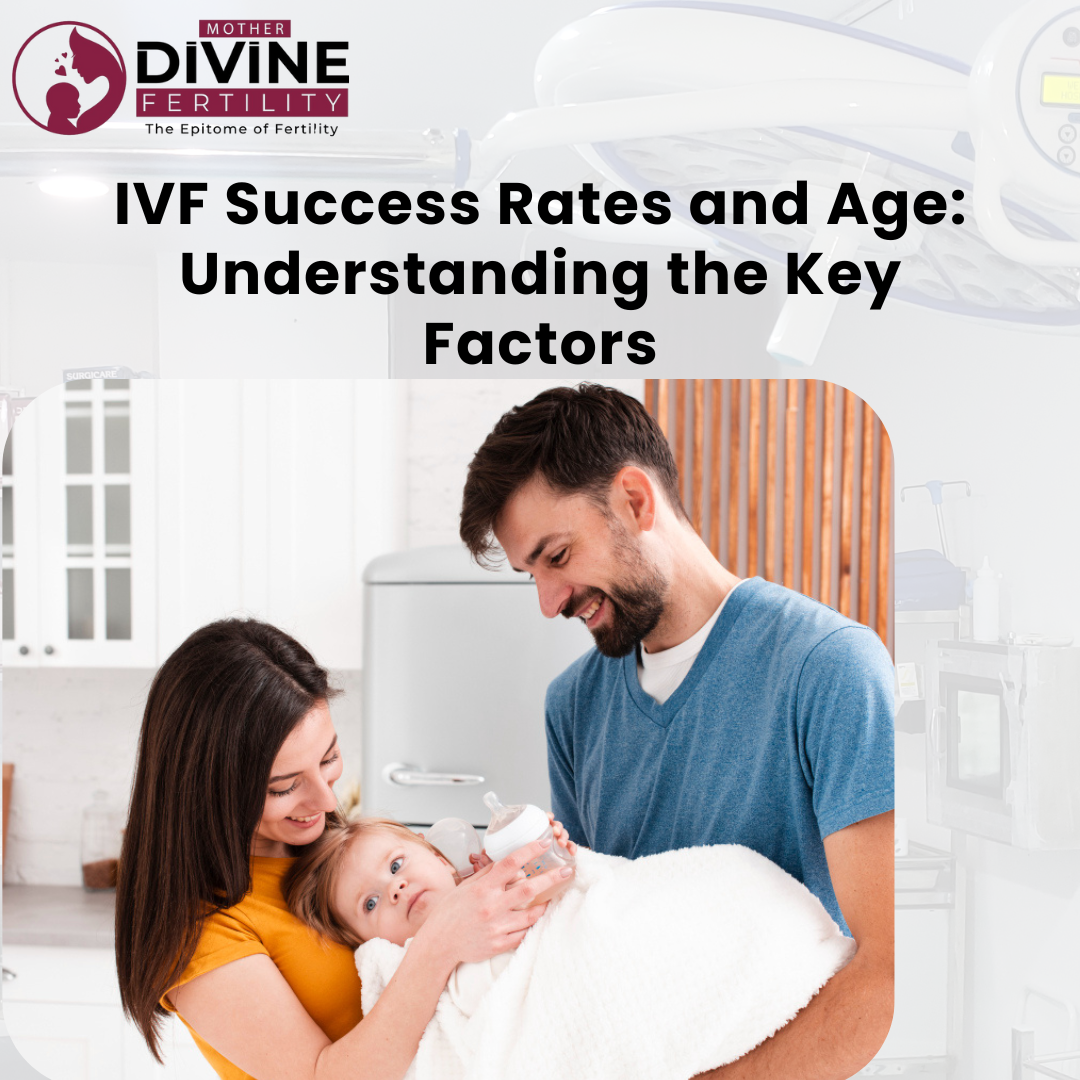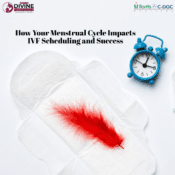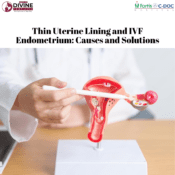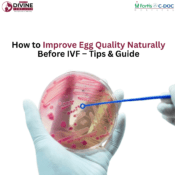

IVF Success Rates and Age: Understanding the Key Factors
Introduction
In vitro fertilization (IVF) has transformed the landscape of reproductive medicine, offering hope to couples struggling with infertility. However, the success of IVF depends on numerous factors, with age being one of the most significant determinants. Understanding how age impacts IVF success rates and what steps you can take to optimize outcomes is crucial for anyone embarking on this journey. In this blog, we’ll delve into the relationship between age and IVF success rates, explore other influencing factors, and share tips on how to make IVF successful the first time.
Understanding IVF Success Rates
IVF success rates refer to the likelihood of achieving a viable pregnancy and live birth through in vitro fertilization. Success is influenced by several variables, including the quality of eggs, sperm, embryos, and the woman’s overall health.
When exploring “what is the success rate of IVF on the first try,” it’s essential to recognize that averages can vary widely based on individual circumstances, clinic expertise, and technological advancements. On average, the global success rate for IVF hovers around 30-40% per cycle for women under 35.
The Role of Age in IVF Success
Age plays a pivotal role in determining IVF outcomes, primarily due to its impact on egg quality, egg quantity, and uterine health. While IVF can overcome various fertility challenges, it cannot entirely reverse the effects of aging.
- IVF success rates over 40 drop significantly compared to younger age groups.
- For women under 35, the success rates are highest, with many achieving pregnancy on their first cycle.
- The IVF success rate for a 31-year-old is also favorable, given the preserved quality of eggs and a healthy reproductive system.
Let’s examine how age specifically affects IVF outcomes.
Age and Egg Quality
Egg quality diminishes with age, impacting fertilization and embryo development. Women are born with a finite number of eggs, and as they age, both the quantity and quality of these eggs decline. Poor egg quality often leads to:
- Lower fertilization rates.
- Higher chances of chromosomal abnormalities in embryos.
- Increased risk of miscarriage.
Women in their early 30s generally have better-quality eggs compared to those in their late 30s or 40s, which explains the disparity in success rates.
Age and Uterine Health
The uterus plays a critical role in supporting a pregnancy. As women age, the uterine lining may lose its receptivity, making it harder for embryos to implant successfully. Age-related conditions such as fibroids or endometriosis can further complicate matters.
For women over 40, a 1 frozen embryo transfer success rate is often lower compared to fresh transfers in younger women. However, advancements in medical technology, such as improved freezing techniques, have enhanced outcomes in recent years.
Success Rates by Age Group
Below is a general breakdown of IVF success rates by age:
- Under 35: 40-50% per cycle.
- 35-37: 35-40% per cycle.
- 38-40: 25-30% per cycle.
- Over 40: 10-20% per cycle, depending on individual health and egg quality.
While these numbers are averages, consulting an IVF chances of success calculator personalized to your situation can provide more precise estimates.
Key Factors That Influence IVF Success Rates Beyond Age
Although age is a significant factor, other elements also play a crucial role in IVF success.
1. Quality of Embryos
High-quality embryos have a better chance of implantation and development. Advanced techniques like preimplantation genetic testing (PGT) help identify the healthiest embryos, boosting success rates.
2. Lifestyle Factors
Poor lifestyle habits can adversely affect fertility. Maintaining a healthy weight, quitting smoking, and reducing alcohol consumption can significantly improve IVF outcomes.
3. Choice of Fertility Clinic
The expertise of the medical team and the technology used at the clinic are critical. Selecting the best IVF Centre in Delhi or the best IVF Centre in South Delhi can enhance your chances of success. Clinics with state-of-the-art labs, skilled embryologists, and a high success rate are worth considering.
4. Use of Advanced Techniques
Options like assisted hatching, frozen embryo transfers, and blastocyst culture can improve success rates. For instance, the 1 frozen embryo transfer success rate is often higher in clinics with advanced freezing and thawing protocols.
5. Partner’s Health
The male partner’s sperm quality also impacts IVF success. Conditions like low sperm count or poor motility may require additional procedures such as intracytoplasmic sperm injection (ICSI).
Coping with Age-Related Challenges in IVF
While age-related declines in fertility can be discouraging, several strategies can help optimize IVF outcomes.
1. Planning Early
If you’re considering starting a family later in life, freezing your eggs in your early 30s can preserve fertility and improve future IVF success rates.
2. Considering Donor Eggs
For women over 40 with poor egg quality, using donor eggs can dramatically increase success rates. Donor eggs are typically sourced from younger, healthy women, ensuring better-quality embryos.
3. Emotional Preparedness
IVF can be emotionally taxing, especially when age is a limiting factor. Couples should prepare themselves for the possibility of multiple cycles and seek support from counselors or support groups.
Why Choosing the Right Clinic Matters
The importance of selecting the right fertility clinic cannot be overstated. Reputable clinics, such as the best IVF clinic in Delhi, employ experienced specialists and cutting-edge technology to maximize success rates. Here’s what to look for when choosing a clinic:
- High live birth rates per cycle.
- Transparent pricing and no hidden costs.
- Comprehensive care, including counseling and support services.
Clinics like the best IVF Centre in South Delhi offer personalized treatment plans, ensuring that every aspect of your fertility journey is optimized.
Key Takeaways
- IVF success rates are closely tied to age, with younger women experiencing higher success rates due to better egg quality and uterine health.
- Factors such as lifestyle choices, embryo quality, and the fertility clinic’s expertise also significantly influence outcomes.
- Advanced techniques and strategies like using donor eggs or freezing embryos can help overcome age-related challenges.
- Choosing the best IVF Centre in Delhi or another reputable clinic can make a significant difference in achieving a successful pregnancy.
While age plays a crucial role, understanding the broader factors at play and preparing yourself emotionally and physically can help turn your dream of parenthood into reality. Always consult a fertility expert for personalized advice tailored to your unique circumstances.
Embark on your IVF journey with optimism, knowing that with the right support and strategies, success is within reach.





